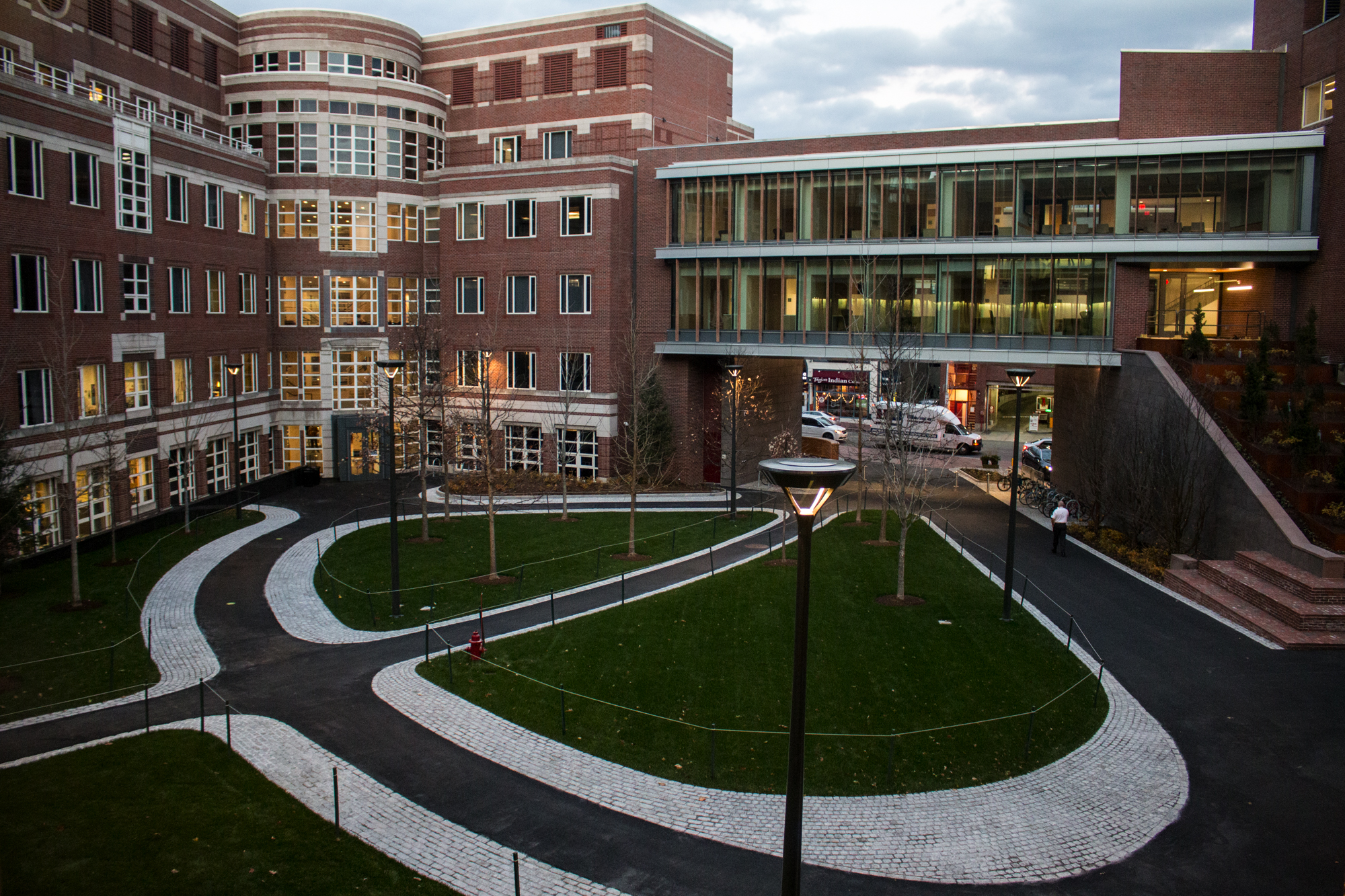
News
HMS Is Facing a Deficit. Under Trump, Some Fear It May Get Worse.

News
Cambridge Police Respond to Three Armed Robberies Over Holiday Weekend

News
What’s Next for Harvard’s Legacy of Slavery Initiative?

News
MassDOT Adds Unpopular Train Layover to Allston I-90 Project in Sudden Reversal

News
Denied Winter Campus Housing, International Students Scramble to Find Alternative Options
Harvard Kennedy School Names Five Fellows to Study Nonviolent Solutions to Political Conflict


Five international students who research nonviolent solutions to political conflict have been named to the Harvard Kennedy School’s first class of Topol Research Fellows, the Carr Center for Human Rights Policy announced Monday.
Carr Center Faculty Director Mathias Risse said in a press release that the newly appointed research fellows will bring a "powerful new lens” to human rights research at the Kennedy School. The fellows — current Kennedy School students — will receive funding to support a year’s worth of research as part of the program.
“The goal is to select a group of HKS students working on nonviolence as an approach to solving many complex and pressing problems and provide them support, peer learning, and faculty leadership,” Risse wrote in an email Monday.
Topol fellows Amanat Boparai, Víctor Pérez García, Rahaf Safi, Preeti Sahai, and Sofia Salas will attend classes led by Kennedy School Professor Erica Chenoweth, who studies political violence and its alternatives.
“We’ll meet a few times over the semester to talk about their own research and review other recent research on nonviolent resistance and its effectiveness and its limits,” Chenoweth said.
Chenoweth said the inaugural group of fellows will study a broad range of cases of nonviolent resistance.
“We were able to provide support to five different Kennedy School students who will be conducting research on various topics,” she said.
The fellows’ projects explore women’s roles in nonviolent movements, peaceful resistance in Syria, solutions to Catalonian conflict, approaches to political polarization in India, and nonviolent protests in Colombia.
“All of their projects are unique,” Chenoweth said. “I’m excited to work with every one of our fellows.”
Risse said he hopes the students will benefit from collaborative opportunities with Chenoweth and other Carr Center affiliates.
Risse wrote in his email that one of the goals of the fellowship is to “help students to develop a more robust, evidence based and comprehensive proposal that they can take with them once they leave the Kennedy School.”
The fellowship program is funded by philanthropist Sidney Topol, a telecommunications magnate.
— Staff writer Jania J. Tumey can be reached at jania.tumey@thecrimson.com.
Want to keep up with breaking news? Subscribe to our email newsletter.
